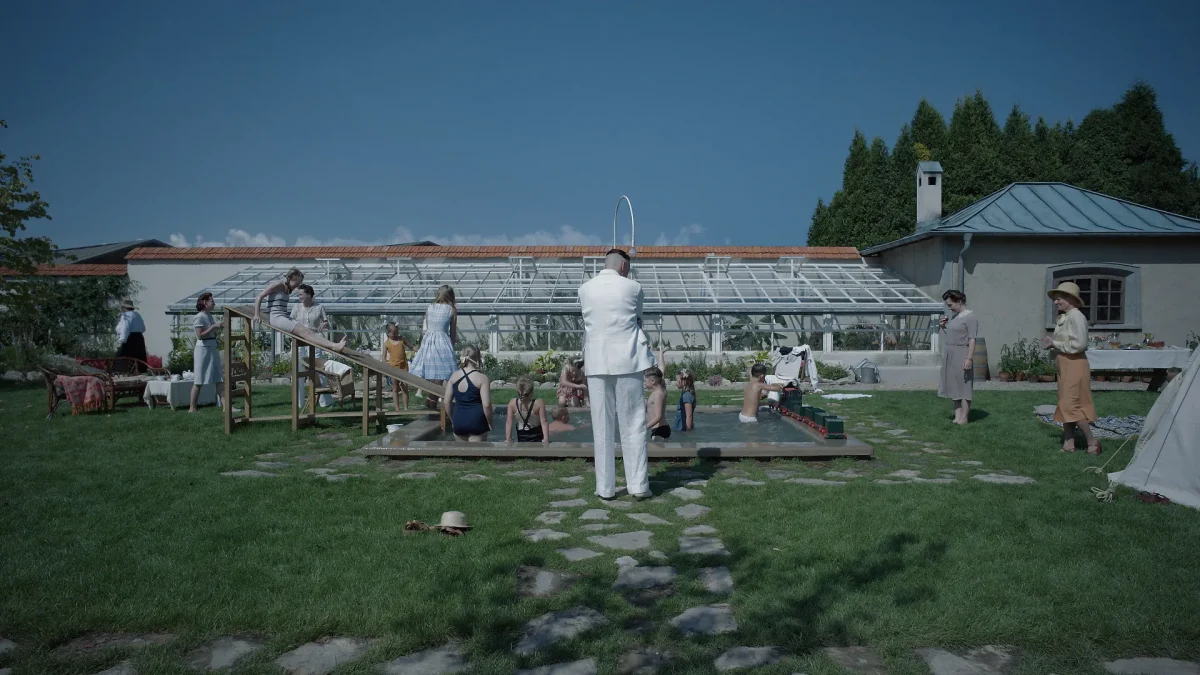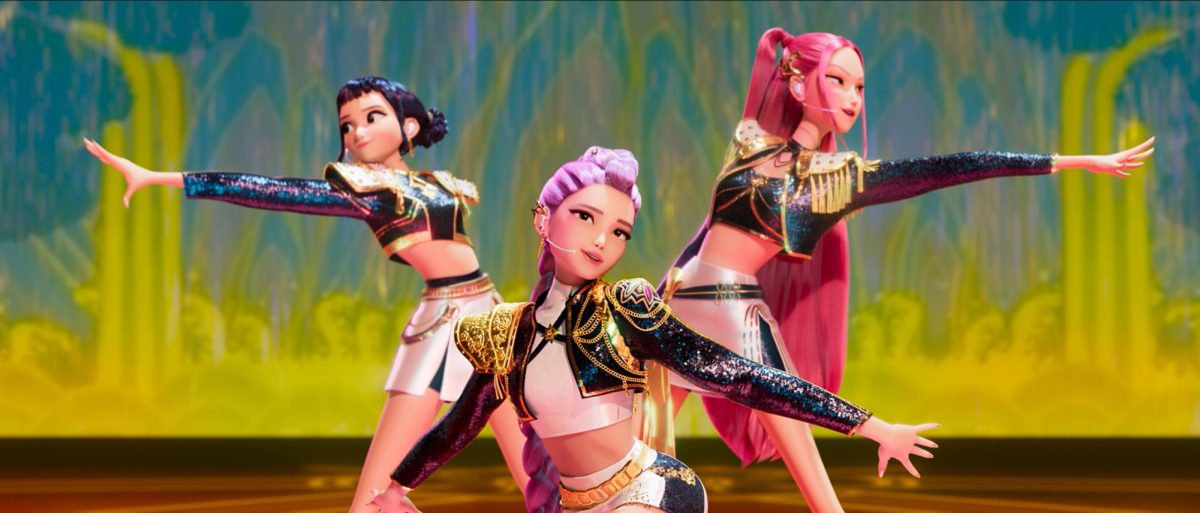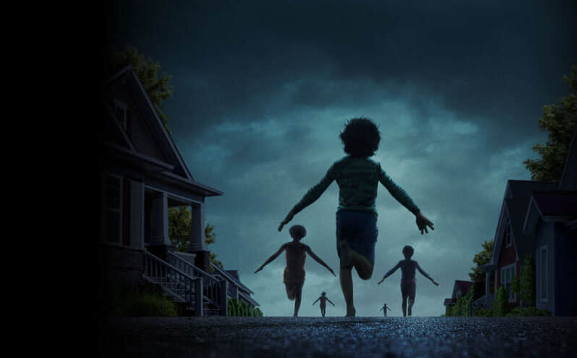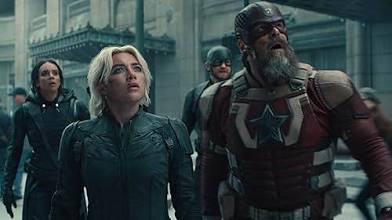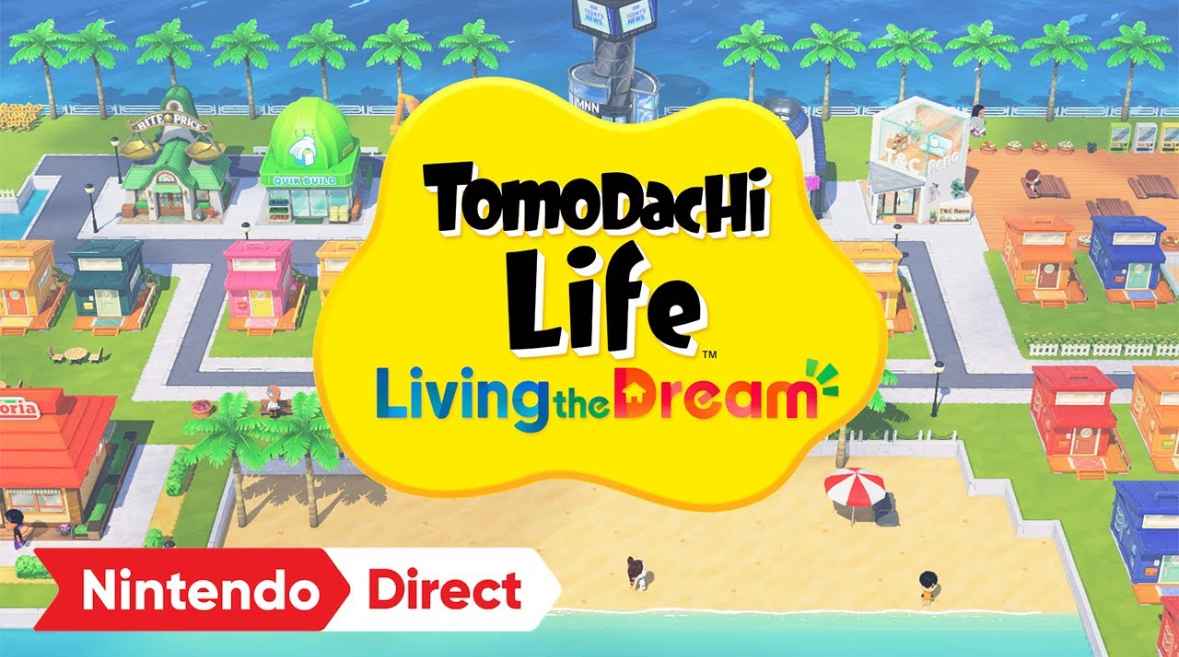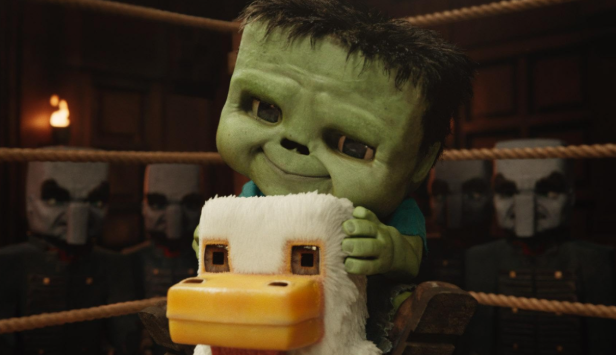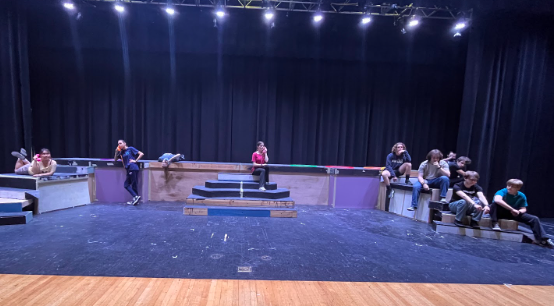The Holocaust overflows with ugliness.
The sieve an artist uses to separate details of the beautiful from the ugly becomes clogged amidst such an overbearing topic. However, to ignore, glorify, or minimize the horrors of the Holocaust for the sake of beauty shows an indecent display of tastelessness. Thus Holocaust art often wallows in the direct repulsiveness of the depraved violence and discrimination against the Jewish people for political reasons.
Johnathan Glazer’s film, “The Zone of Interest” took a different approach.
It was released to theaters on December 13, 2023, and then on Max on April 5, 2024. It won the Oscar award for Best International Feature and Best Sound.
The focus shifts away from direct displays of the violence of the war to the slow domestic life of the Höss family, the patriarch of which Rudolf Höss (Christian Friedel), is the commandant of Auschwitz.
The most action the film contains are two dry meetings and a party scene, both with a sense of poignant detachment. Instead, long sequences of household chores and shots of the beloved family garden fill the film.
The meticulously framed domestic shots display the characters’ authentic selves; from the obedience of the Jewish servant to the uptightness in the way Rudolf’s wife Hedwig (Sandra Hüller) struts and demands, to the boastful way Hedwig’s mother (Imogen Kogge) carries herself to the sleek professionalism with which Rudolf turns off the lights to his home and reads a bedtime story to his children.
The choice to portray domestic life instead of action characterizes the Nazis with a humanizing edge and draws the viewer into a comparison of their own life with the characters.
The modern viewer hopefully can not relate to managing or living in a concentration camp, but they can relate to doing chores. Glazer makes the psychology of the Nazis accessible by putting them in strangely relatable and comparable situations; their demeanor is recognized as cruel through motions alone in a way that feels more emotionally real to the viewer.
Images of the garden and nature are treated with astounding importance. The Höss home, directly adjacent to the horrors of Auschwitz, stands replete with a grand garden and picturesque landscape that is treasured by the family.
The attachment that the family has to the garden is nationalistic. Hedwig refers to it candidly as the realization of Hitler’s utopian concept of “living space” while Rudolf devolves into misanthropy when away from it for too long.
Certain shots of the garden and landscape have a stunning beauty, with shots framed to largely highlight the perfectly fluffy clouds, the pristine water and the vibrant colors of the German summer. However, this beauty confronts the viewer with psychological moral ambiguity, as it is clear that the Höss family enjoys the garden and landscape as a way to distract from the atrocities committed and as an expression of racial German nationalism.
Through using the universal human appreciation for nature, Glazer shows the Nazis in a way that allows the viewer to relate in an even deeper way than displays of domesticity.
Through the contrast between the dark home and the bright, beautiful outdoors, the Nazis are seen at their most bored and most spiritually excited in a way that provides an intimate view of their psyches, unfettered by the distance that history and tragedy have created.

